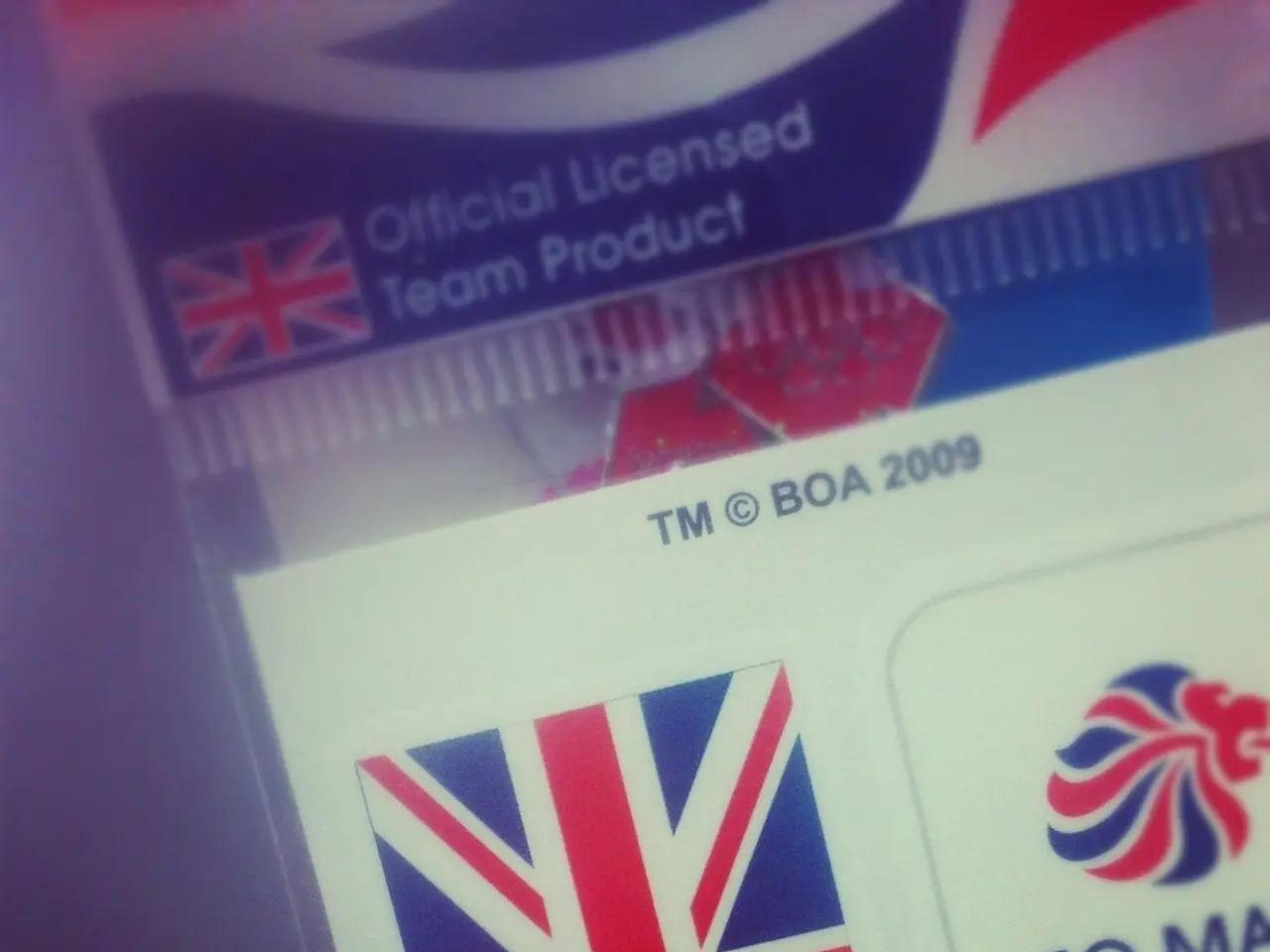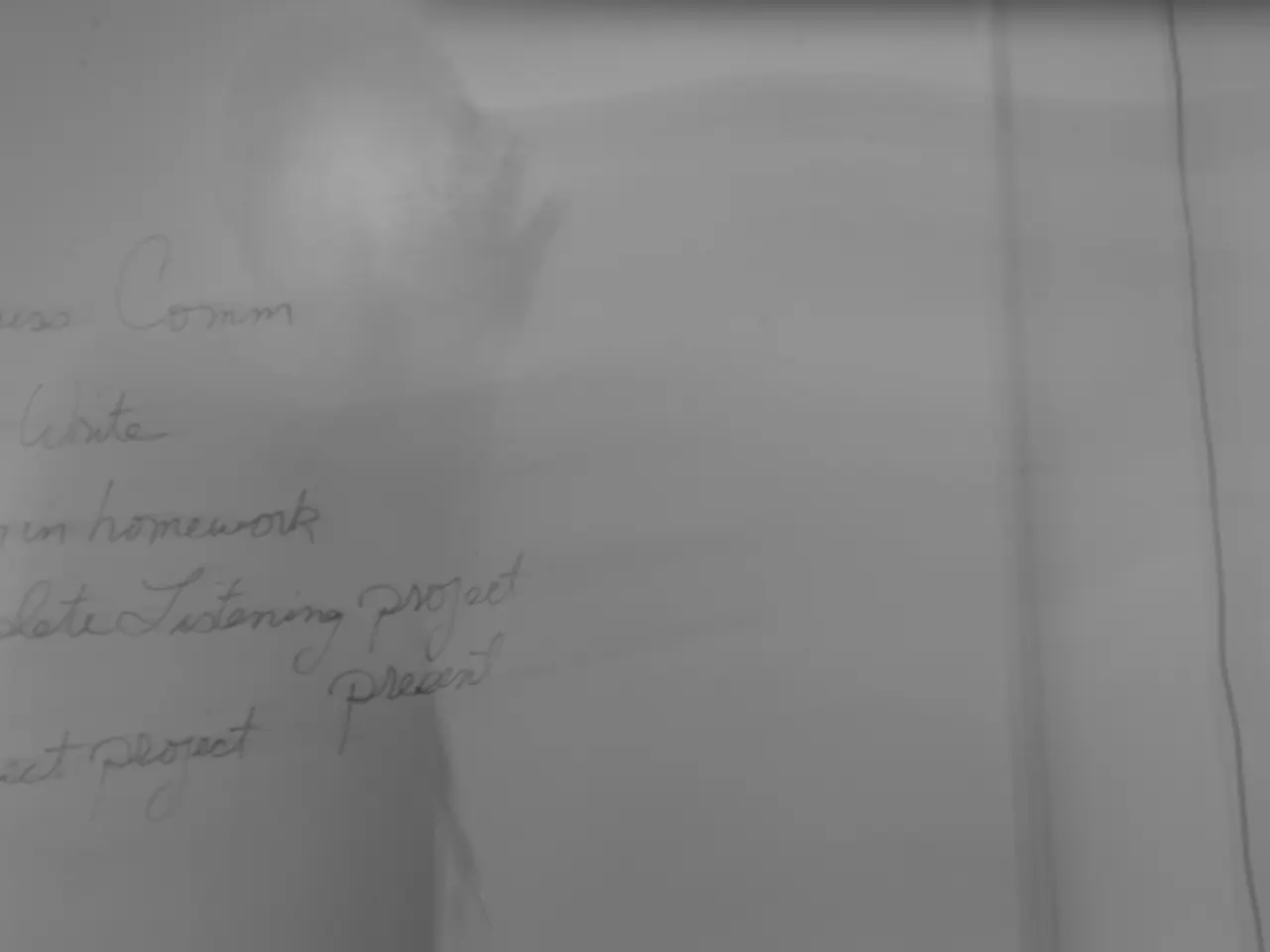Court Ruling: California's Prohibition on Credit Card Surcharges Deemed Illegitimate
In a recent search, no direct information on a California court ruling specifically addressing the issue of credit card surcharges and free speech rights was found. The closest related case is the Free Speech Coalition, Inc. v. Paxton decision by the U.S. Supreme Court, which deals with First Amendment free speech protections but is unrelated to California credit card surcharges [1].
Historically, credit card surcharge laws have been challenged on First Amendment grounds, often concerning commercial speech rights. California has had laws regulating credit card surcharges since 1985, where merchants cannot impose extra fees for credit card payments beyond the actual cost [2]. Challenges can raise issues about compelled speech and free expression regarding how prices or fees are disclosed to consumers.
For the most accurate and current details, checking California court records or trusted legal news sources directly reporting on credit card surcharge litigation would be advisable.
Meanwhile, in a separate but significant development, the Texas law that prohibits social media platforms from deleting political messages has been upheld by a federal appeals court, dealing a blow to big internet corporations that claim their content moderation choices are protected by the US Constitution [3]. This law, which had been halted by a lower court, is now in effect.
In California, the California Supreme Court provided guidance on how to decide whether an employee is under the administrative employee exemption from overtime under California law in the case of Harris v The Superior Court of Los Angeles County, No. S156555, Supreme Court of California, December 29, 2011 [4].
In the case of Joaquin v. City of Los Angeles, the California Court of Appeal ruled that an employee did not prove retaliatory animus in his firing for making a false sexual harassment complaint [5]. The Court held that the employee did not prove that his firing for making a false sexual harassment complaint against his supervisor was motivated by retaliatory animus in violation of the Fair Employment and Housing Act (FEHA).
[1] Free Speech Coalition, Inc. v. Paxton, 592 U.S. ___ (2025) [2] California Civil Code Section 1748.1(a) [3] Texas S.B. 12, 87th Leg., Reg. Sess. (2021) [4] Harris v. Superior Court of Los Angeles County, No. S156555, Supreme Court of California, December 29, 2011 [5] Joaquin v. City of Los Angeles, California Court of Appeal (2014)
In the realm of California business, the California Supreme Court has provided guidance on employee overtime exemptions, as stated in the case of Harris v The Superior Court of Los Angeles County, No. S156555, Supreme Court of California, December 29, 2011 [4]. On the other hand, the finance sector has encountered debates around credit card surcharges, often intertwining with commercial speech rights, as historically observed [2].




